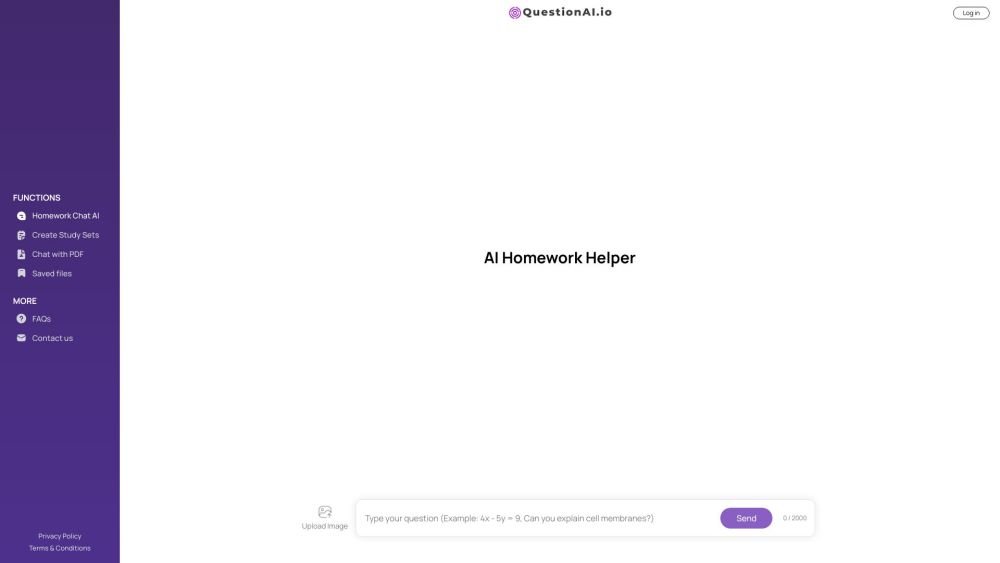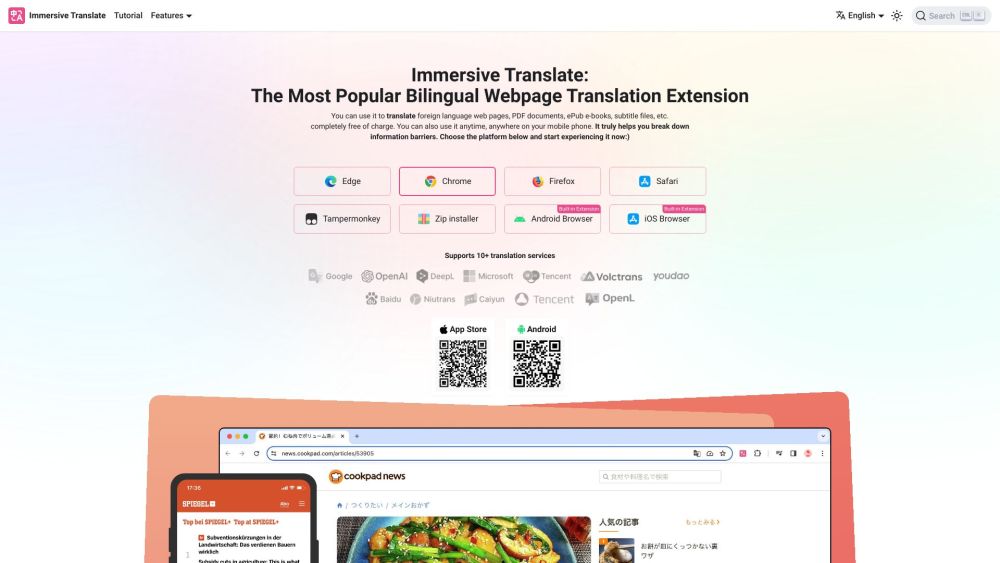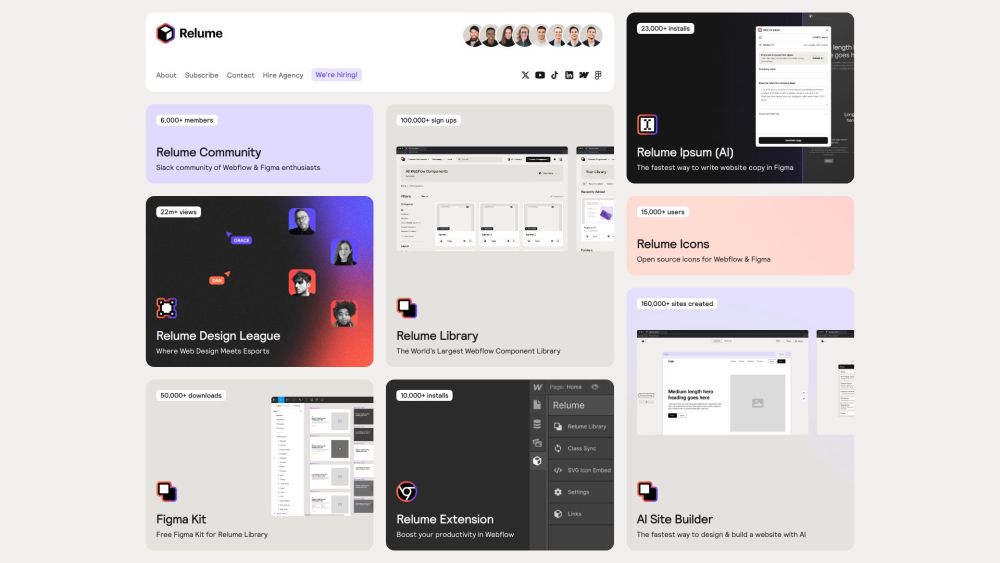Exploring New Possibilities for Digital Reading Through AI Technology
With the support of artificial intelligence (AI), digital reading is poised to unlock a range of new functionalities that enhance the reading experience and efficiency. The integration of "AI + digital reading" offers innovative solutions to common challenges faced by readers, particularly in book selection and comprehension.
Enhancing Reading Efficiency
One significant advantage of AI in digital reading is its ability to assist users in selecting books tailored to their interests. According to the recent "2023-2024 Value Research Report on Chinese Online Literature Reading Platforms" issued by the China Academy of Press and Publication, AI-driven platforms utilize big data analytics to offer personalized content, recommend related materials based on social interactions, and significantly improve the relevance of suggested reading lists.
During the reading process, AI technologies enable text analysis, information extraction, and real-time translation, all of which enhance readers' comprehension. For instance, WeChat Reading launched its “AI Q&A” feature, allowing users to search for explanations of unfamiliar terms directly within the text. As a user highlighted, this innovation transforms vast electronic libraries into searchable knowledge bases, enabling quick and accurate access to essential information.
Practical User Experiences
Many users who have experienced the “AI Q&A” functionality provided positive feedback. One user, Ms. Zhang, shared her experience while self-studying psychology, noting that previously, understanding complex concepts often required significant time for independent research. Now, with just a few taps, she can quickly retrieve thorough definitions and context on terms like "Gestalt Effect." This feature not only addresses specific inquiries but also suggests related topics of interest, all with reliable citations from published works.
Another remarkable feature introduced by WeChat Reading is the AI-generated book outline. By analyzing book content, this function creates structured outlines, enabling readers to grasp the main ideas and organization of a text quickly. Post-reading, users can revisit specific chapters and concepts without the need to flip through pages, streamlining the review process.
Improving the Reading Experience
"AI + digital reading" also translates eBooks into various formats, including audio, images, and videos, thereby enhancing the immersive reading experience. Compared to earlier text-to-speech functionality, today's AI-generated voice reading closely mimics human speech, capturing emotional nuances, pauses, and inflections. With advanced technologies like natural language processing and text-to-speech systems, WeChat Reading's audio feature converts text into smooth, natural-sounding speech.
University student Zheng Mu appreciates this functionality, noting how the option for a calming voice allows her to immerse herself in beautifully crafted prose during her downtime. Meanwhile, Mr. Liu, a commuter, finds "listening" more engaging than "reading." He commends the seamless audio generated by the Zhongyue APP, which makes it feel like someone is reading to him directly.
The AI technology developed by the company enables features such as multi-character dialogue and customizable voice profiles, thereby enhancing user immersion. CEO Sun Kai emphasizes that while AI meets users' efficiency needs, it also aims to elevate their enjoyment of reading.
Additionally, Zhongyue has launched the "Yue Ai Liao" app, powered by generative AI, which fosters interactive dialogue about various texts, making reading more enjoyable and engaging. The company plans to integrate optimized functionalities into the Zhongyue APP, creating a smart reading experience that encourages users to embrace the joy of reading with the help of AI.
Looking Ahead: The Future of AI in Digital Reading
As "AI + digital reading" continues to evolve, expectations for future developments are high. Many digital reading enthusiasts express their desire for AI to offer even broader and deeper reading experiences, envisioning a future where AI can understand complex queries and provide insightful responses.
Industry experts suggest that such advancements may soon become a reality. With plans for further integration of AI capabilities across digital platforms, the reading experience is set to be revolutionized, making it more efficient and interactive. Professor Li Wu from Shanghai Jiao Tong University believes that AI's ability to analyze reading behavior data can help libraries, bookstores, and schools enhance their outreach strategies, catering to readers' preferences effectively.
In addition to personalizing reading experiences, AI can help potential readers connect, share experiences, and engage in discussions, ultimately fostering a community that promotes active reading and participation.
The promising convergence of AI technology and digital reading indicates a vibrant future, enriching the reading landscape and engaging a wider audience than ever before.





